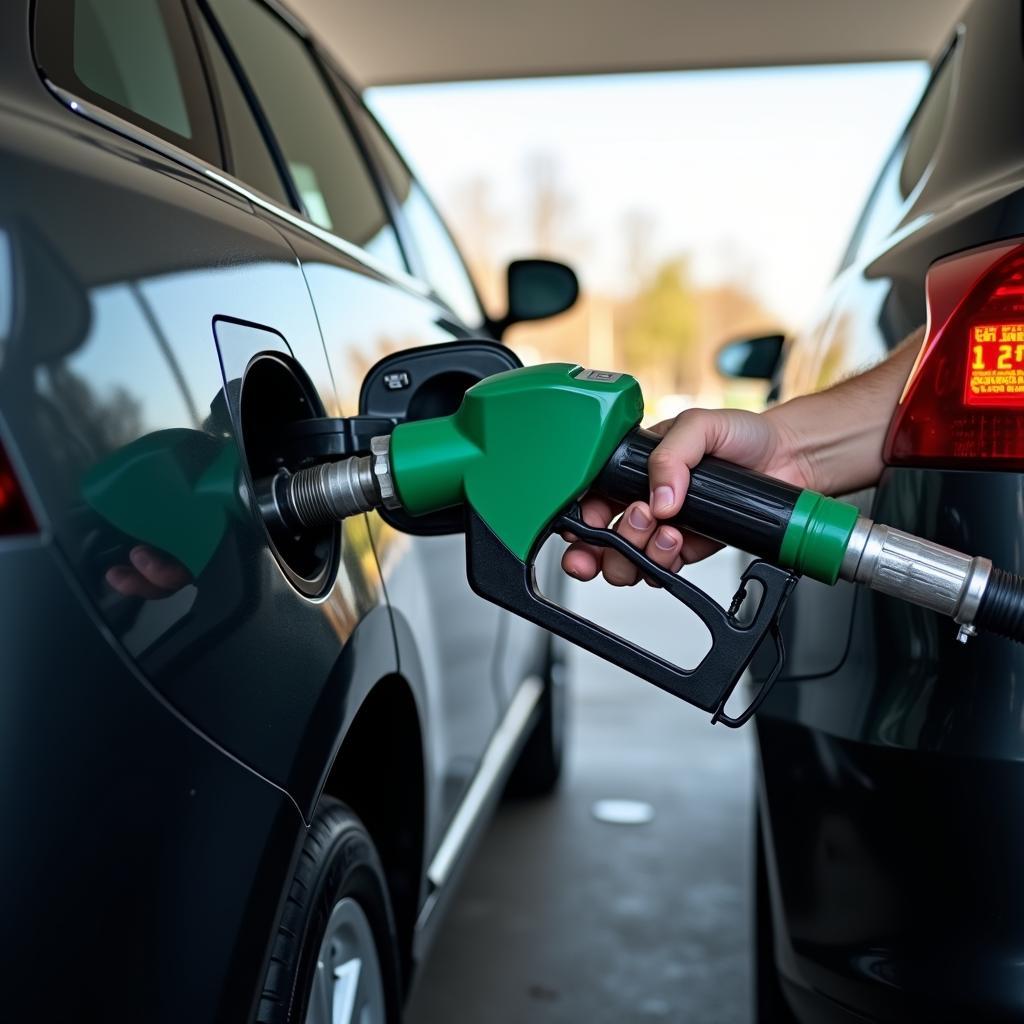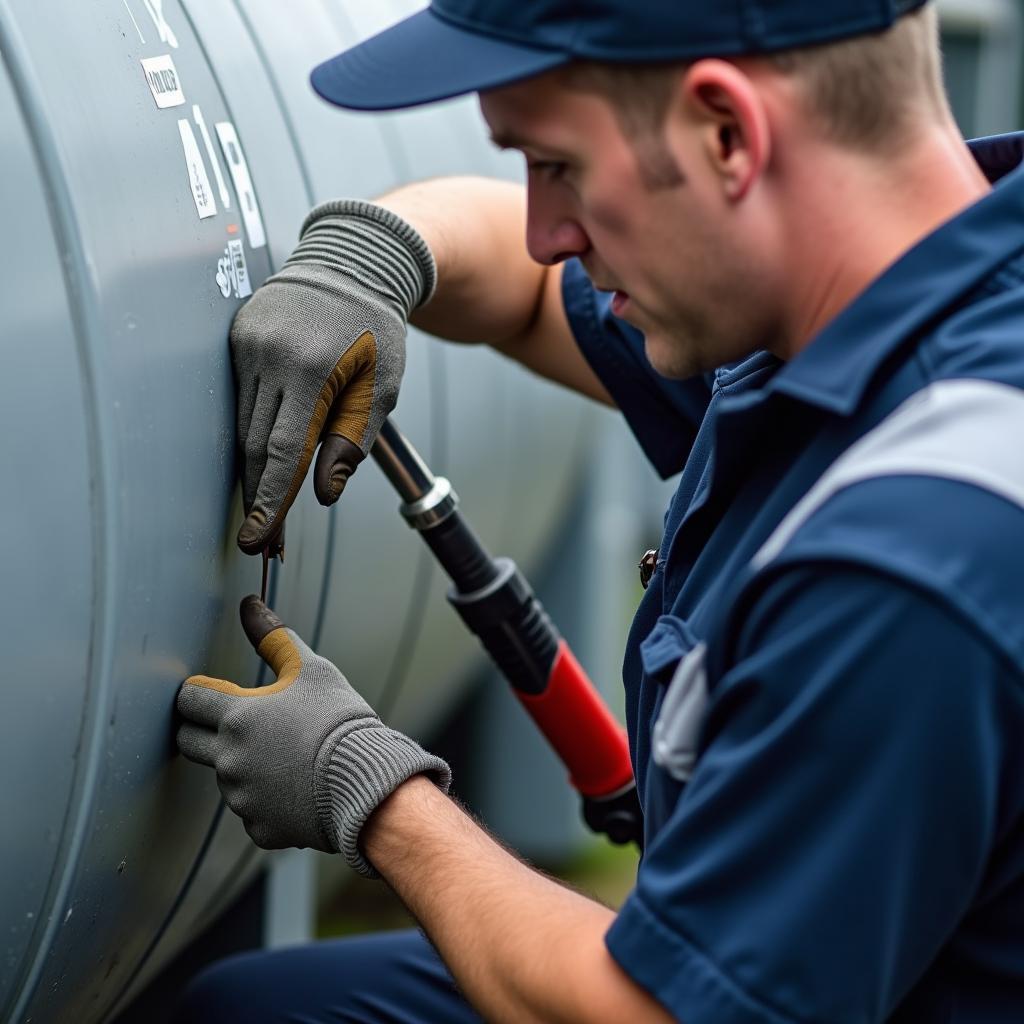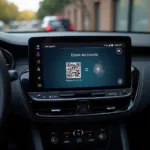LPG, also known as autogas, has long been a popular alternative to gasoline and diesel. But what about today, in the age of electric cars and stricter emission standards? Is heating with LPG still worth it?
What is LPG and How Does it Work in a Car?
LPG stands for Liquefied Petroleum Gas. It is a byproduct of crude oil and natural gas production, consisting mainly of propane and butane. In a car, LPG is carried in a separate tank and fed to the engine via a special line system. There, it is burned and powers the engine, similar to gasoline.
Many car drivers appreciate LPG primarily for its lower price at the pump. But the environment also benefits: LPG burns cleaner than gasoline or diesel, resulting in lower CO₂ emissions.
Pros and Cons of LPG
However, like any technology, there are pros and cons to consider when it comes to heating with LPG.
Pros:
- Lower fuel costs: LPG is significantly cheaper at the gas station than gasoline or diesel.
- More environmentally friendly: LPG burns cleaner and emits fewer pollutants.
- Quieter engine operation: LPG-powered engines generally run a bit quieter.
Cons:
- Higher initial costs: Converting to LPG requires the installation of an additional tank and a new injection system, which involves costs.
- Shorter range: The LPG tank usually holds fewer liters than a gasoline tank, resulting in a shorter range on a full tank.
- Limited availability: LPG is not available at every gas station.
 Refueling an LPG car at a gas station
Refueling an LPG car at a gas station
Is Converting to LPG Worth It?
Whether converting to LPG is worthwhile depends on various factors, such as annual mileage, the initial costs for the conversion, and the price difference between LPG and gasoline.
“Basically, converting to LPG can be worthwhile for frequent drivers,” says car expert Jan Schmidt from Berlin. “However, those who only drive short distances are unlikely to recoup the higher initial costs through lower fuel costs.”
LPG Compared to Other Drive Types
Compared to gasoline or diesel vehicles, LPG scores with lower fuel costs and lower emissions. But how does it compare to other alternative drive types such as electric cars or hydrogen cars?
Although the purchase costs for electric cars have fallen in recent years, they are still significantly more expensive than comparable vehicles with combustion engines. In addition, there is the problem of the charging infrastructure: While LPG is available at many gas stations, the charging network for electric cars is far from being fully developed.
Hydrogen cars are still a thing of the future and do not yet play a role in the mass market.
LPG: A Good Alternative for the Transition Period?
Although the future of mobility may be electric, it will still take some time before electric cars become widespread. Until then, LPG represents an interesting alternative that offers both economic and ecological advantages. Anyone looking for a cheaper and more environmentally friendly alternative to gasoline or diesel should consider LPG.
Frequently Asked Questions about “Heating with LPG”
How do I find out if converting to LPG is worthwhile for me?
There are various online calculators that can be used to calculate the amortization period for an LPG conversion. Alternatively, you can also seek advice from a specialist workshop.
Where can I have my car converted to LPG?
There are specialized workshops that offer LPG conversions.
What should I look out for when buying an LPG vehicle?
Pay attention to a current LPG tank with a valid inspection and have the service history of the gas system shown to you.
 Close-up of an LPG tank inspection sticker
Close-up of an LPG tank inspection sticker
Do You Have More Questions About Autogas?
Feel free to contact us! Our experts at autorepairaid.com are here to help and advise you.

